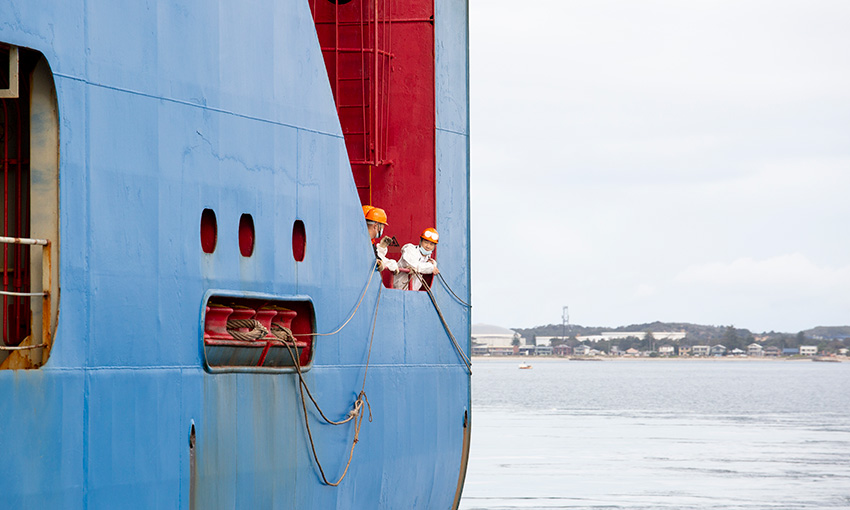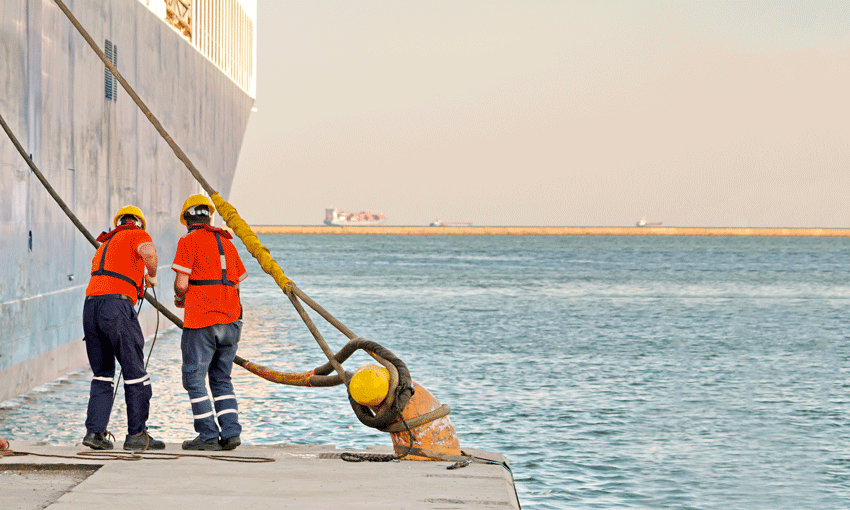SIGNIFICANTLY more investment and development is needed to increase the implementation of the UN Guiding Principles on Business and Human Rights in the global maritime sector, according to a new report from nongovernmental organisation Human Rights at Sea.
The report, titled All at Sea? Is the Global Maritime Sector effective in Business & Human Rights implementation? provides an introduction to the (UNGP) and highlights ongoing developments in the maritime sector under the three UNGP pillars.
It points to areas within maritime sectors where further work is needed to ensure that commercial engagement fully aligns with the guiding principles.
The UNGP have been in place for over a decade. Still, the degree and quality of their implementation across global supply chains requires significantly more investment and development to demonstrate lasting impact. This is especially so throughout the maritime sector.
In the report’s forward, Business and Human Rights Resource Centre executive director Phil Bloomer wrote, “framing the concerns at sea raised by civil society organisations involves switching the industry’s approach from a race to the bottom to a race from the bottom”.
“This requires transparent and accountable reporting and continuous communication, especially from leading companies who are attempting to move in the right direction in what should be otherwise seen as a race to the top.”
The report points out that the UNGP are here to stay, and they are changing business practices, though still not quickly enough. It is even more so the case when we consider the fast-moving developments in mandatory human rights due diligence legislation being enacted in a growing number of countries.
The report states: “It is … now up to all maritime sector stakeholders, including those related to merchant shipping, passenger transport, offshore oil and gas and fishing, to apply the available tools, learn from peers who are further ahead and come together at industry-level with all stakeholders to achieve widespread change”.



